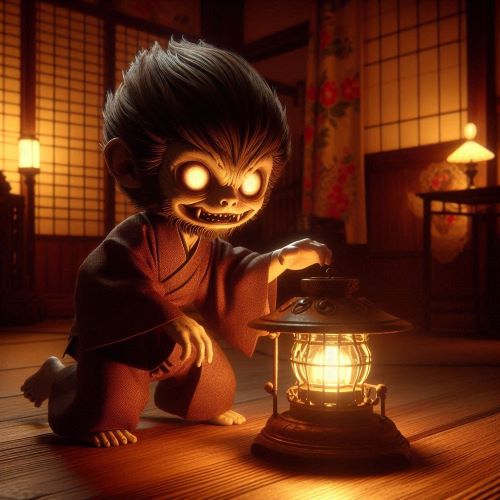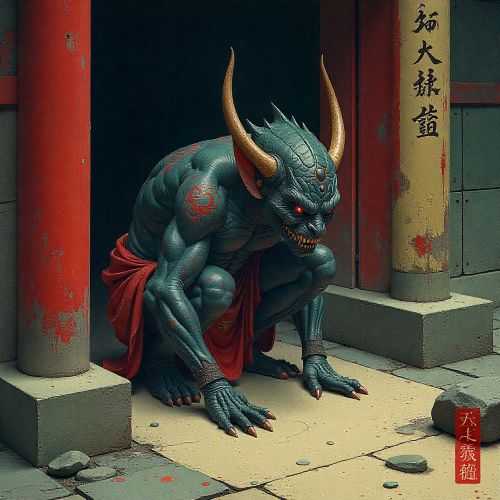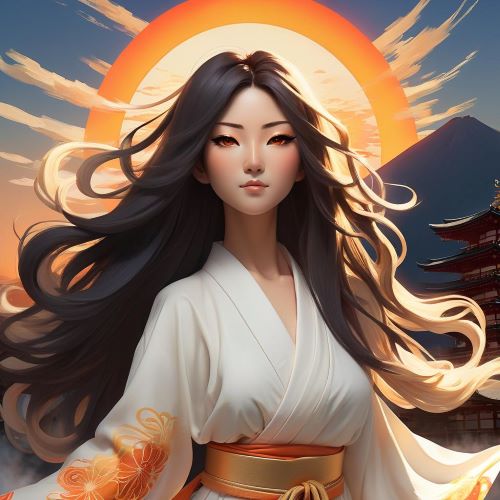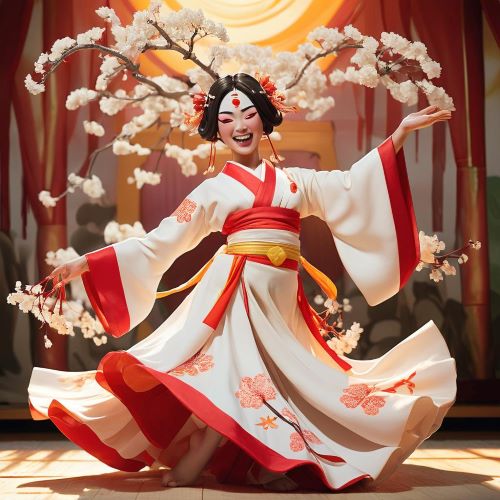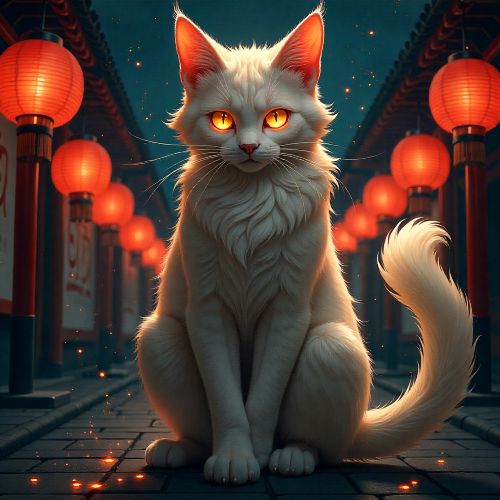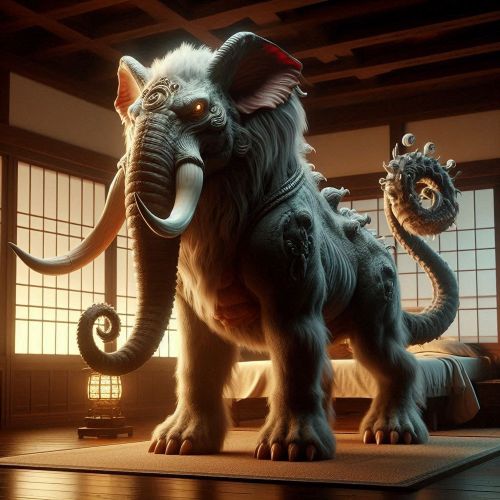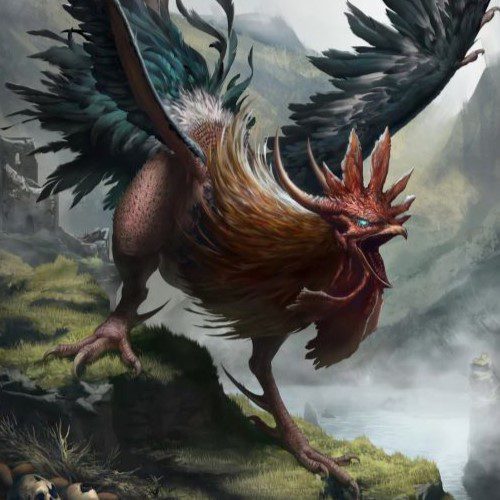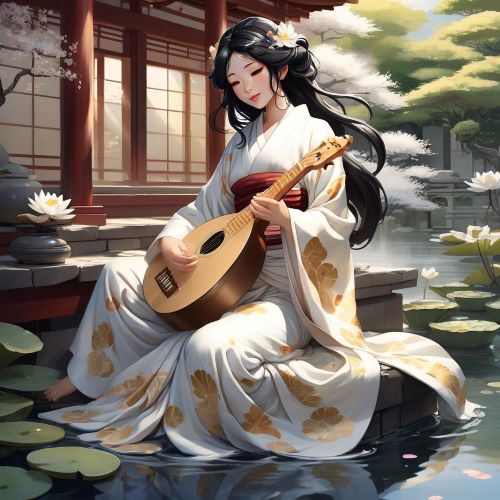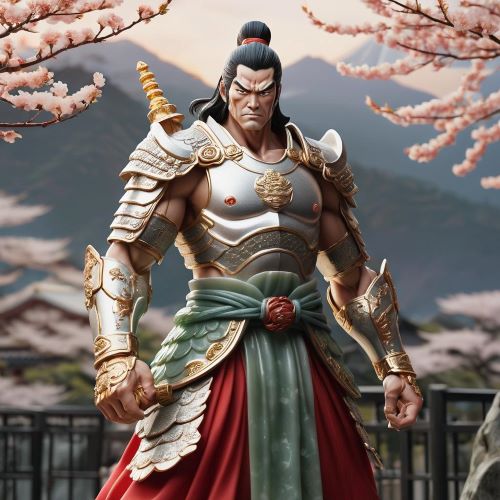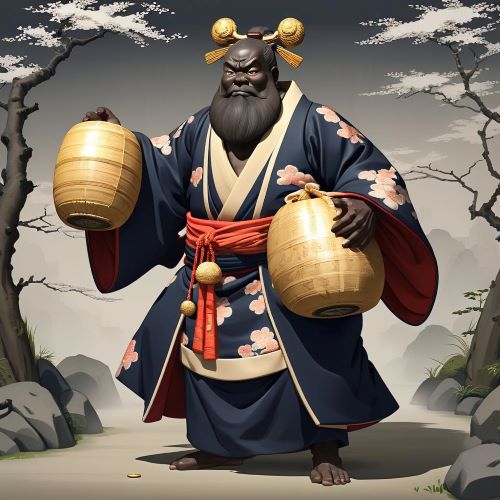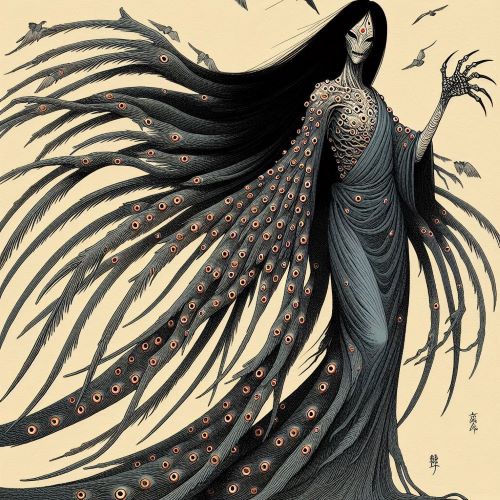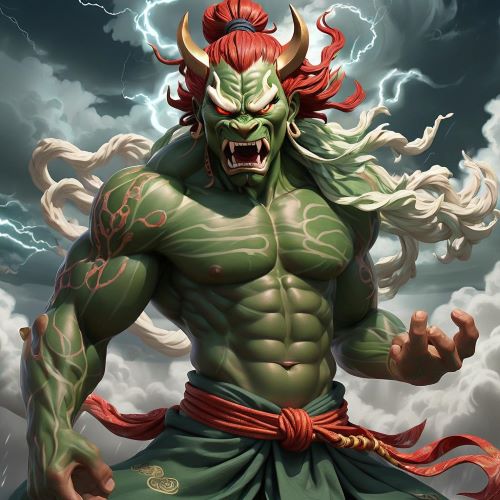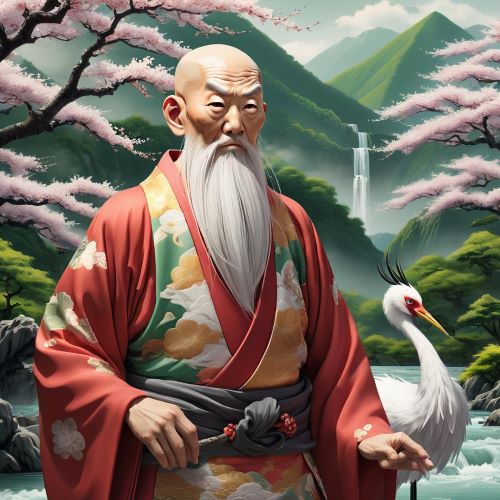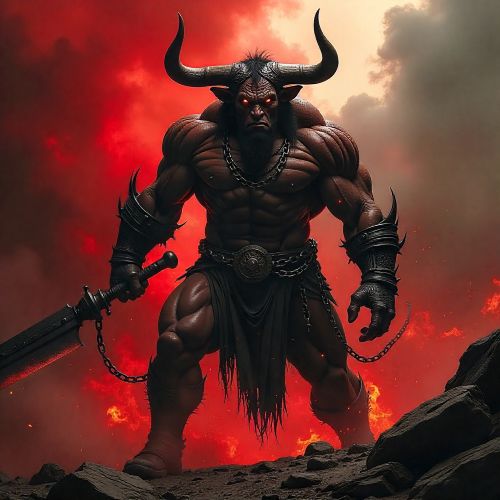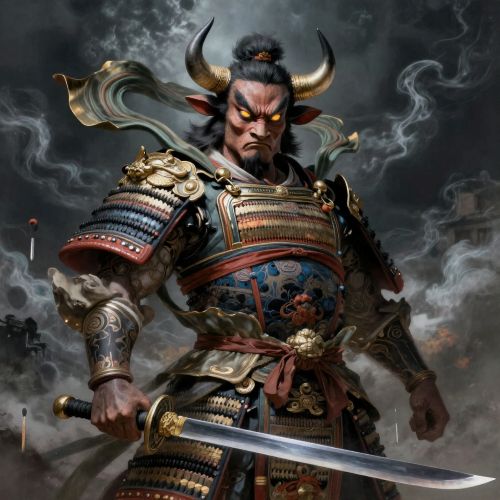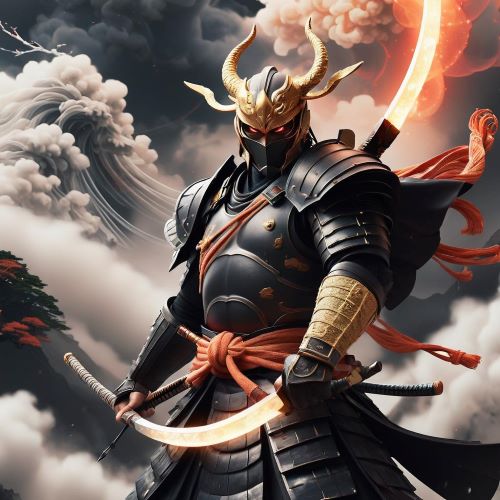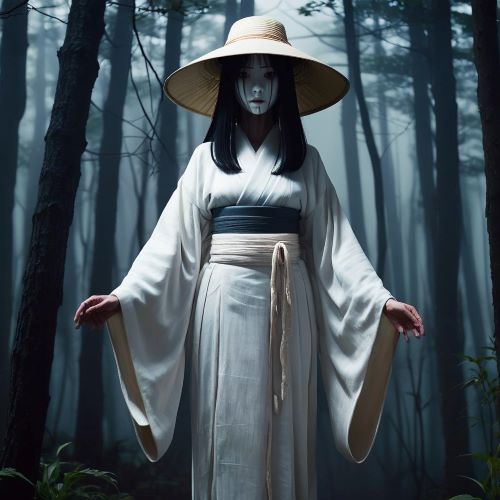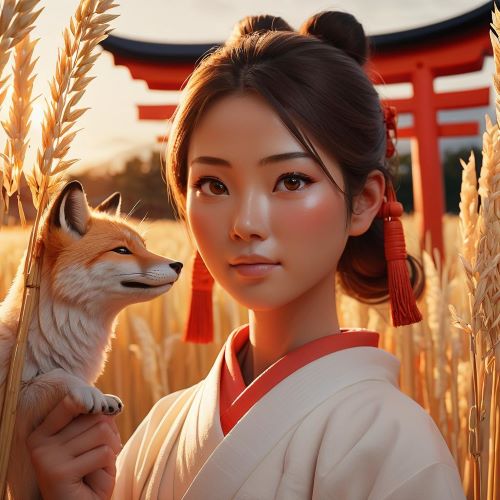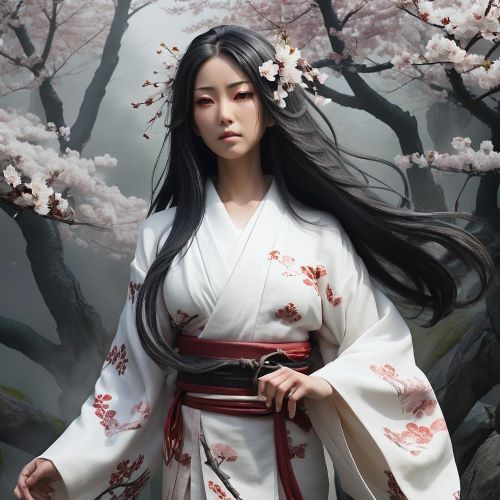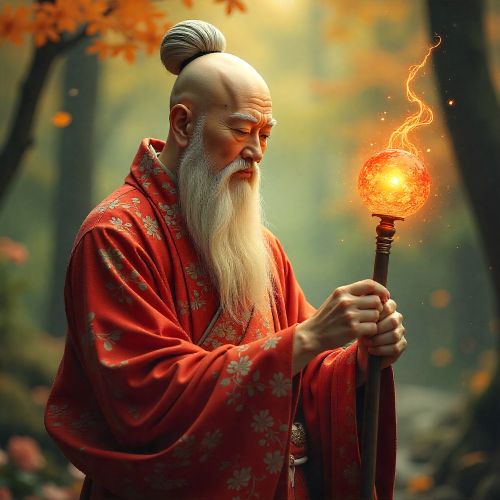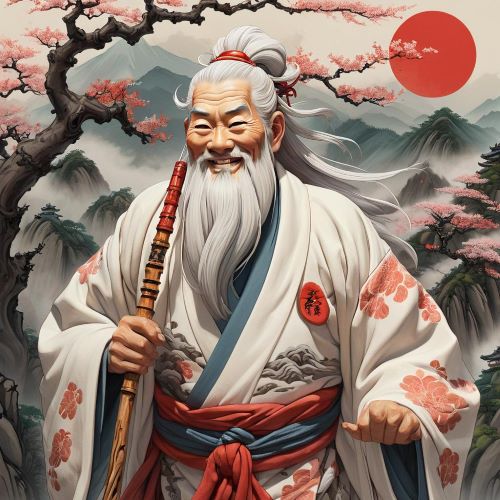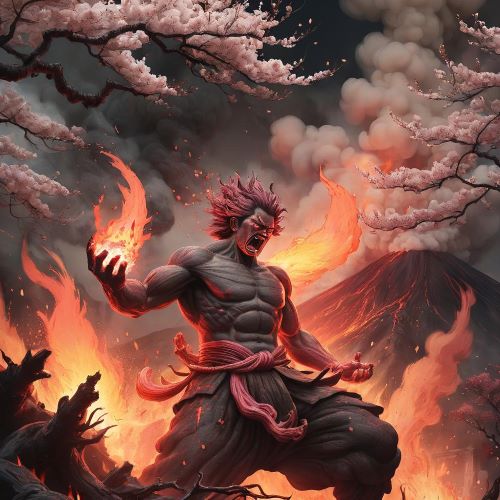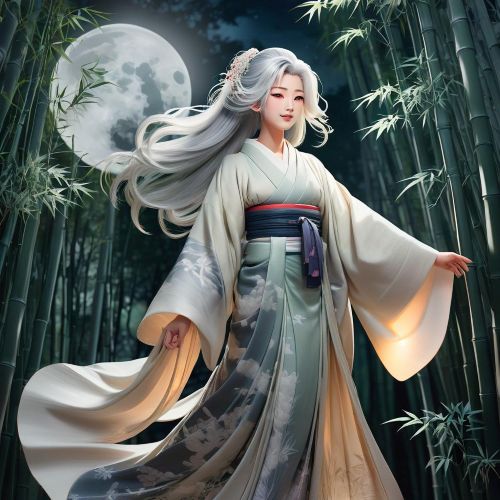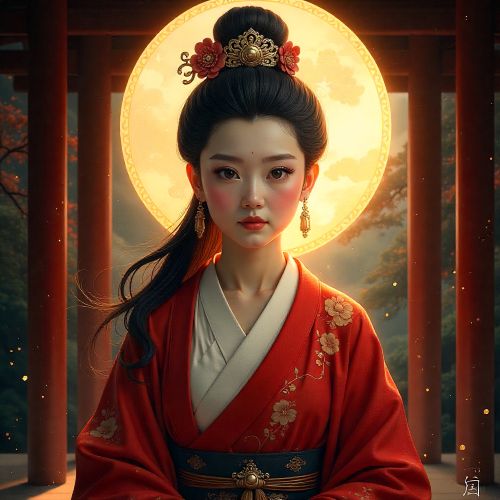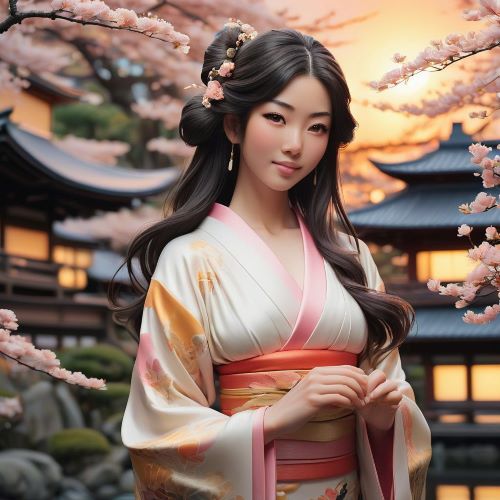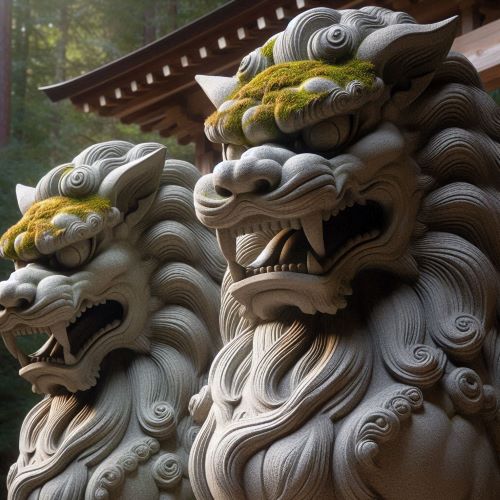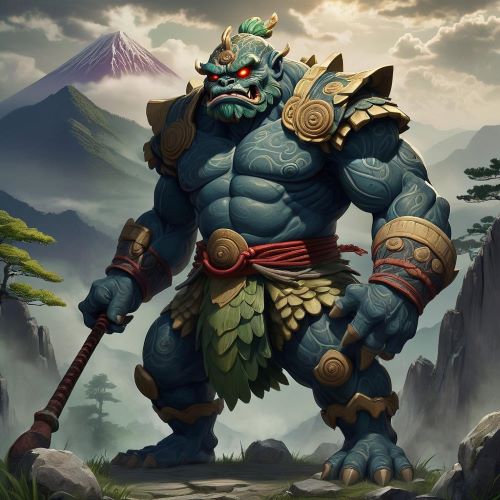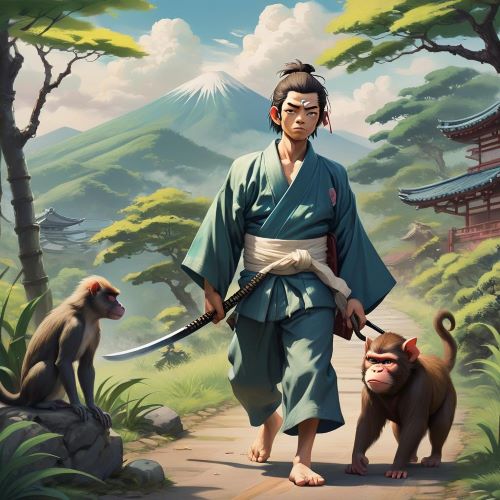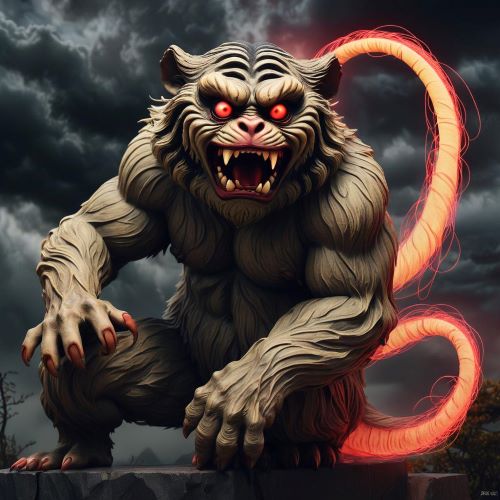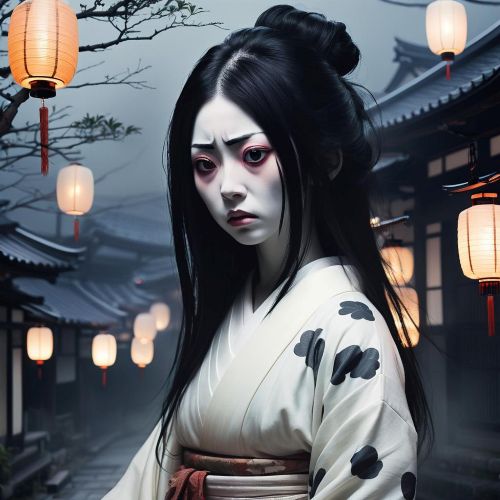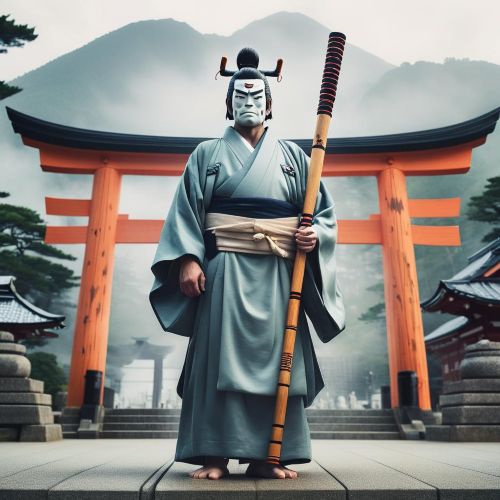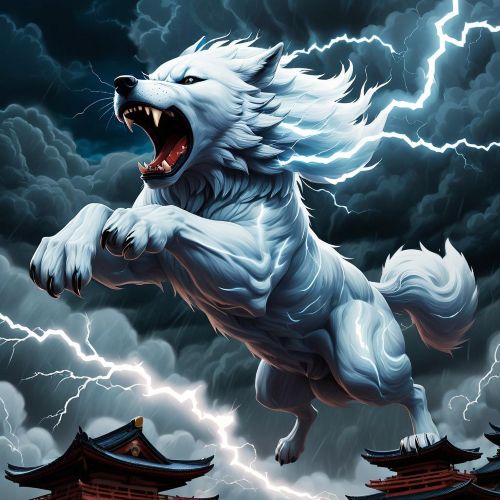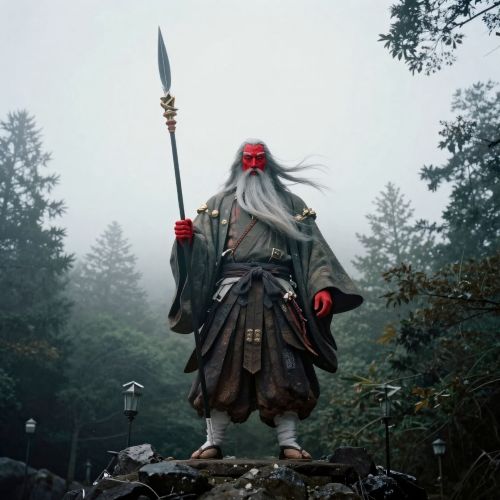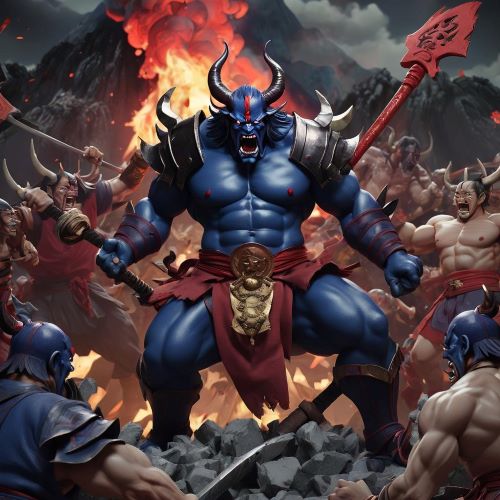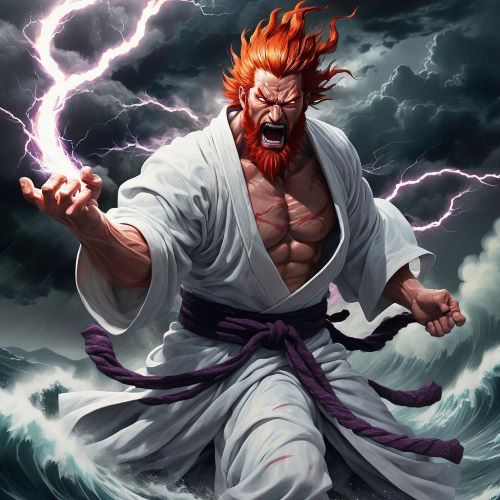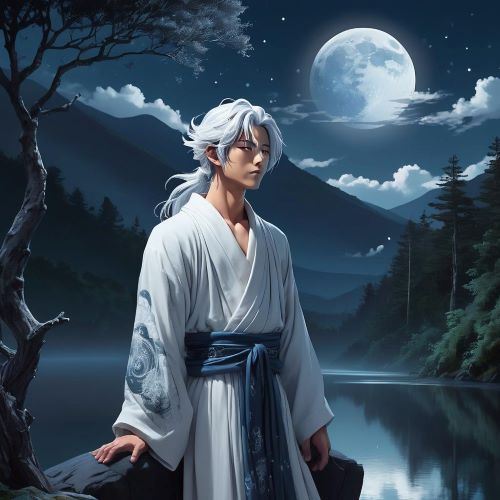Japanese Mythology
Japanese mythology is a rich and evolving blend of Shinto spiritual beliefs, folk traditions, and Buddhist influences that has shaped the nation’s identity for millennia. Its foundation lies in the worship of Kami, divine spirits of nature, ancestors, and extraordinary forces. Mountains, forests, storms, and even household objects can embody these sacred presences, reflecting a deep cultural reverence for the natural world.
The Japanese creation myths describe how the divine siblings Izanagi and Izanami formed the islands of Japan, establishing the land itself as holy. Their descendant, the radiant sun goddess Amaterasu, is celebrated as the mythic origin of Japan’s imperial lineage, reinforcing the belief that rulers were once chosen by the heavens. Other deities like Susanoo, the storm god with both destructive and heroic qualities, highlight the dual nature of power within the spiritual world.
Stories of legendary warriors and supernatural beings enrich the mythological landscape. Creatures such as kitsune (fox spirits) and tengu (mountain guardians) serve as protectors, tricksters, or moral teachers depending on the tale. Ghostly figures like yurei reflect both fear and compassion tied to the unseen — a reminder that unresolved emotions can linger beyond life.
Influence from Buddhism introduced powerful celestial beings and philosophical layers that merged seamlessly with Shinto beliefs. This blended spirituality shaped artistic expression, seasonal festivals, and rituals still practiced today — from shrine visits and purification rites to celebrations honoring ancestors.
Mythology also plays a major role in Japan’s cultural storytelling. Iconic figures like Momotaro, Yamato Takeru, and the Seven Lucky Gods appear in children’s tales, kabuki theatre, manga, and video games, bridging ancient legends with contemporary imagination. These stories celebrate courage, community values, and the pursuit of harmony.
Despite modernization, Japanese mythology remains a central pillar of identity. Shrines dedicated to Kami stand at the heart of cities and villages alike. Rituals mark life events, seasonal changes, and spiritual renewal. Through myth, tradition, and creativity, Japan maintains a living link to its sacred past — a timeless celebration of the bond between people, nature, and the divine.


